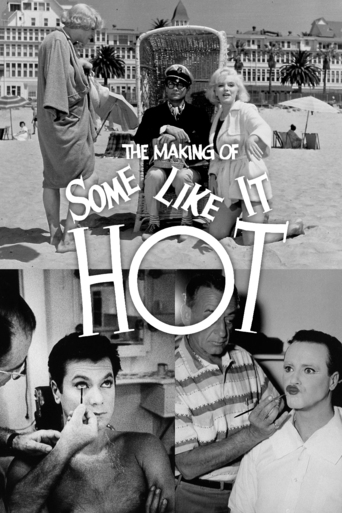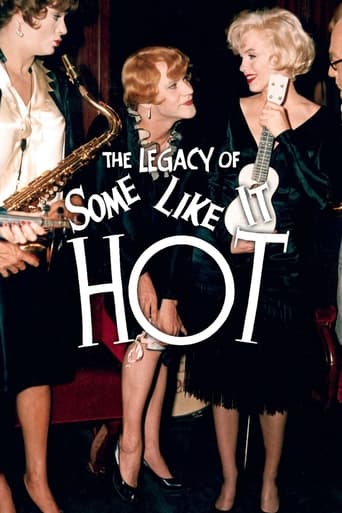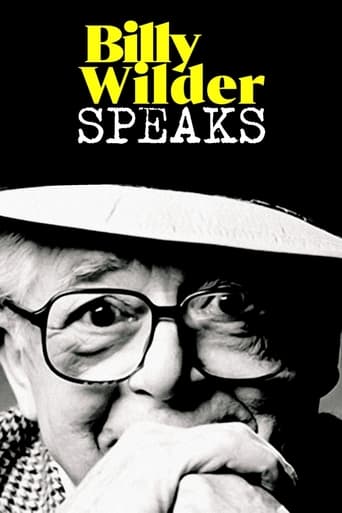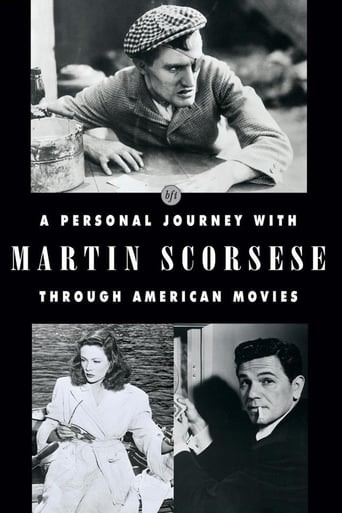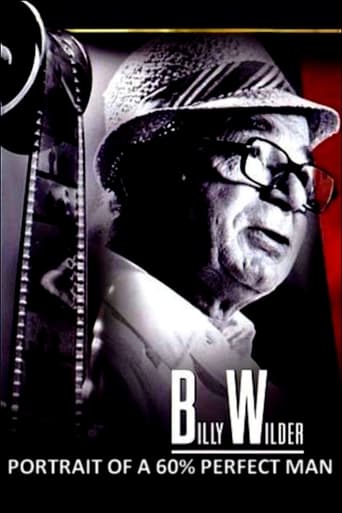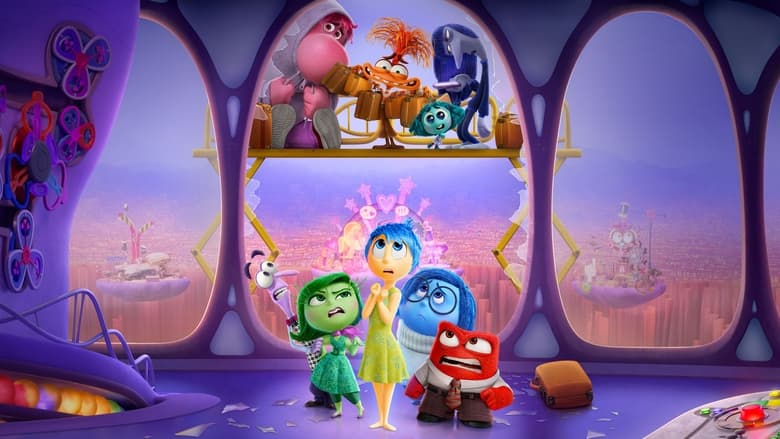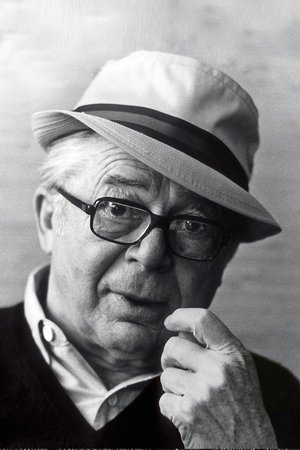
Billy Wilder
Birthday: 1906-06-22
Place of Birth: Sucha, Galicia, Austria-Hungary
Synopsis
Billy Wilder (22 June 1906 – 27 March 2002) was an Austria/Hungarian-born American filmmaker, screenwriter, producer, artist, and journalist, whose career spanned more than 50 years and 60 films. He is regarded as one of the most brilliant and versatile filmmakers of Hollywood's golden age. Wilder is one of only five people who have won Academy Awards as producer, director, and writer for the same film (The Apartment).
Wilder became a screenwriter in the late 1920s while living in Berlin. After the rise of Adolf Hitler, Wilder, who was Jewish, left for Paris, where he made his directorial debut. He relocated to Hollywood in 1933, and in 1939 he had a hit as a co-writer of the screenplay to the screwball comedy Ninotchka. Wilder established his directorial reputation after helming Double Indemnity (1944), a film noir he co-wrote with mystery novelist Raymond Chandler. Wilder earned the Best Director and Best Screenplay Academy Awards for the adaptation of a Charles R. Jackson story The Lost Weekend, about alcoholism. In 1950, Wilder co-wrote and directed the critically acclaimed Sunset Boulevard.
From the mid-1950s on, Wilder made mostly comedies. Among the classics Wilder created in this period are the farces The Seven Year Itch (1955) and Some Like It Hot (1959), satires such as The Apartment (1960), and the romantic comedy Sabrina (1954). He directed fourteen different actors in Oscar-nominated performances. Wilder was recognized with the AFI Life Achievement Award in 1986. In 1988, Wilder was awarded the Irving G. Thalberg Memorial Award. In 1993, he was awarded the National Medal of Arts. Wilder holds a significant place in the history of Hollywood censorship for expanding the range of acceptable subject matter.
Description above from the Wikipedia article Billy Wilder, licensed under CC-BY-SA, full list of contributors on Wikipedia.
Acting
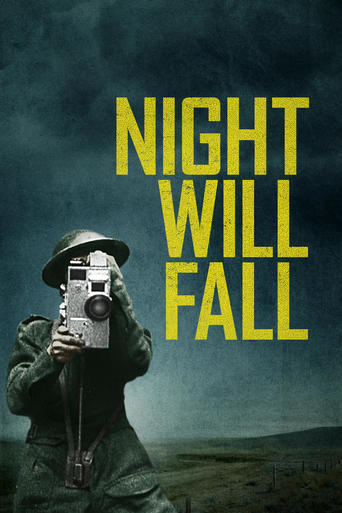
Night Will Fall
as Self (archive footage)
When Allied forces liberated the Nazi concentration camps in 1944-45, their terrible discoveries were recorded by army and newsreel cameramen, revealing for the first time the full horror of what had happened. Making use of British, Soviet and American footage, the Ministry of Information’s Sidney Bernstein (later founder of Granada Television) aimed to create a documentary that would provide lasting, undeniable evidence of the Nazis’ unspeakable crimes. He commissioned a wealth of British talent, including editor Stewart McAllister, writer and future cabinet minister Richard Crossman – and, as treatment advisor, his friend Alfred Hitchcock. Yet, despite initial support from the British and US Governments, the film was shelved, and only now, 70 years on, has it been restored and completed by Imperial War Museums under its original title "German Concentration Camps Factual Survey".
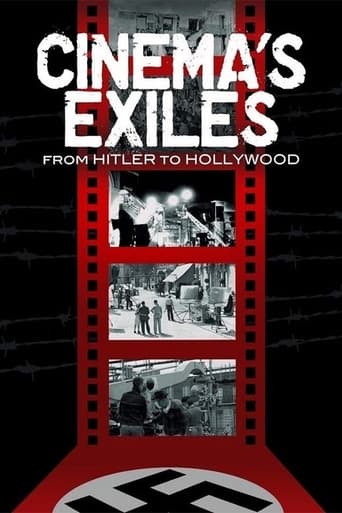
Cinema's Exiles: From Hitler to Hollywood
as Self (archive footage)
Eight hundred German filmmakers (cast and crew) fled the Nazis in the 1930s. The film uses voice-overs, archival footage, and film clips to examine Berlin's vital filmmaking in the 1920s; then it follows a producer, directors, composers, editors, writers, and actors to Hollywood: some succeeded and many found no work. Among those profiled are Erich Pommer, Joseph May, Ernst Lubitsch, Fritz Lang, Billy Wilder, and Peter Lorre. Once in Hollywood, these exiles helped each other, housed new arrivals, and raised money so others could escape. Some worked on anti-Nazi films, like Casablanca. The themes and lighting of German Expressionism gave rise in Hollywood to film noir.
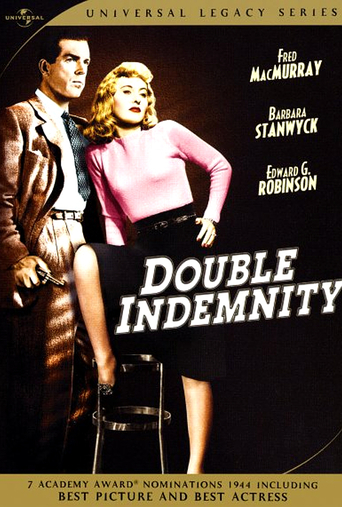
Shadows of Suspense
as Himself (archive footage)
A documentary featuring film historians, directors and authors discussing the making of Billy Wilder's 'Double Indemnity'.
![]()
The Legacy of 'Some Like It Hot'
as Self (archive footage)
A look back at the impact Billy Wilder's comedy classic "Some Like It Hot" has left since it's release in 1959.
![]()
Billy Wilder Speaks
as Self - Filmmaker
In 1988, German filmmaker Volker Schlöndorff sat down with legendary director Billy Wilder (1906-2002) at his office in Beverly Hills, California, and turned on his camera for a series of filmed interviews. (A recut of the 1992 TV miniseries Billy, How Did You Do It?)




